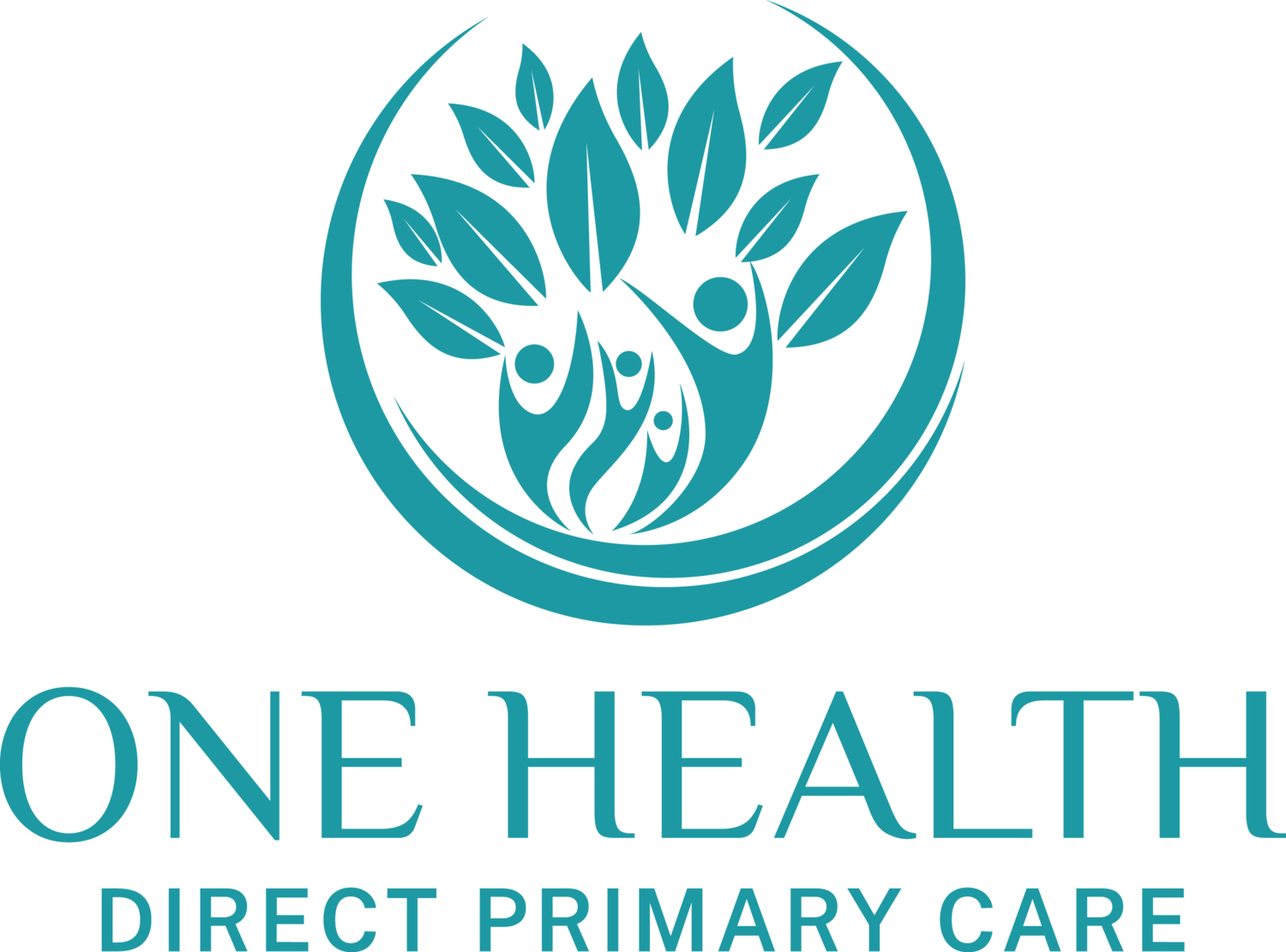Vitamin D Myths and Facts: What Everyone Should Know About This Essential Nutrient
Vitamin D has become one of the most talked-about nutrients, and for good reason. Known as the "sunshine vitamin," it plays a critical role in bone health, immunity, mood regulation, and more. But with all the hype, how do you know if you actually need it, how much is enough, and what are the risks of getting too much? Let’s break it all down in a way that’s informative and easy to understand.
What is Vitamin D?:
Vitamin D, is a fat-soluble vitamin that plays a crucial biological role in maintaining the body’s overall health. Unlike most vitamins, vitamin D acts more like a hormone, influencing various bodily functions and well-known role in bone health, supporting the immune system, regulating mood, and contributing to overall well-being. When ultraviolet B (UVB) rays from sunlight hit the skin, they trigger the production of vitamin D. This unique ability to synthesize vitamin D distinguishes it from other nutrients, though it can also be obtained through dietary sources like fatty fish, fortified foods, and supplements.
Who Needs Vitamin D?:
Vitamin D is essential for everyone, but certain groups are more likely to be deficient:
People with Limited Sun Exposure: Those who spend most of their time indoors or live in northern climates where sunlight is scarce, especially in winter.
Older Adults: The ability to produce vitamin D from sunlight decreases with age.
People with Darker Skin: Higher melanin levels reduce the skin’s ability to produce vitamin D from sunlight.
Individuals with Certain Medical Conditions: Conditions like Crohn's disease, celiac disease, or kidney problems can interfere with vitamin D absorption.
Pregnant or Breastfeeding Women: Increased nutritional demands can lead to deficiencies if not supplemented.
Symptoms of Low Vitamin D:
Signs of deficiency can be subtle but often include:
Fatigue and general tiredness
Muscle weakness or cramps
Bone pain or frequent fractures
Mood changes, including depression or irritability
Frequent infections or illnesses
If you’re experiencing any of these symptoms, it’s worth discussing vitamin D testing with your healthcare provider.
How Much Vitamin D Do You Need?:
The amount of vitamin D you need depends on age, lifestyle, and individual health factors. General guidelines are as follows:
Infants (0-12 months): 400 IU/day
Children (1-18 years): 600-1,000 IU/day
Adults (19-70 years): 600-2,000 IU/day
Older Adults (>70 years): 800-2,000 IU/day
These recommendations can vary based on your specific needs, so a blood test to check your vitamin D levels is a good starting point. Optimal blood levels are typically between 40-70 ng/mL.
Benefits of Vitamin D:
Vitamin D plays a wide range of roles in the body, including:
Bone Health: It helps your body absorb calcium and phosphorus, crucial for maintaining strong bones and preventing osteoporosis.
Immune Support: Vitamin D enhances the immune response and may reduce the risk of infections, including respiratory illnesses.
Mood Regulation: Low levels have been linked to seasonal affective disorder (SAD) and depression.
Muscle Function: It supports muscle strength and coordination, reducing the risk of falls in older adults.
Chronic Disease Prevention: Research suggests that adequate levels may reduce the risk of certain cancers, heart disease, and diabetes.
The Role of Vitamin K, Calcium, and Magnesium with Vitamin D:
Vitamin D doesn’t work alone; it’s part of a team. These nutrients work together to maximize health benefits:
Vitamin K2: Ensures calcium is directed to the bones and teeth rather than soft tissues like arteries, reducing the risk of calcification.
Calcium: Works with vitamin D to build and maintain strong bones.
Magnesium: Helps activate vitamin D so it can do its job effectively. Magnesium deficiency can impair vitamin D metabolism.
To get the most out of vitamin D, it’s important to maintain a balanced diet rich in these complementary nutrients. Foods like leafy greens, dairy products, nuts, seeds, and fatty fish can help.
Risks of High Vitamin D Levels
While vitamin D is essential, more isn’t always better. Excessive intake (generally over 4,000 IU/day without medical supervision) can lead to toxicity, causing:
High calcium levels (hypercalcemia), which can result in nausea, vomiting, and kidney problems.
Calcification of soft tissues, including arteries and organs.
Bone pain and kidney stones.
To avoid these risks, stick to recommended doses and consult a healthcare provider to get your level tested before starting high-dose supplements.
Vitamin D is undeniably important, but it’s not a one-size-fits-all nutrient. Understanding your personal needs, pairing it with other essential nutrients like vitamin K, calcium, and magnesium, and avoiding excessive doses are key to reaping its benefits safely. If you’re unsure about your vitamin D status, a simple blood test can provide the clarity you need.
Remember, vitamin D is just one piece of the health puzzle. With a balanced diet, regular check-ups, and a tailored supplement plan when needed, you can make the most of this powerful nutrient and support your overall well-being.
If you're looking to establish care with a primary care physician, explore our Primary Care Membership Program. This program offers unlimited access to your doctor with no co-pays, unhurried appointments, and discounted lab tests for uninsured members. Start your healthcare journey today by enrolling and learning more HERE.


